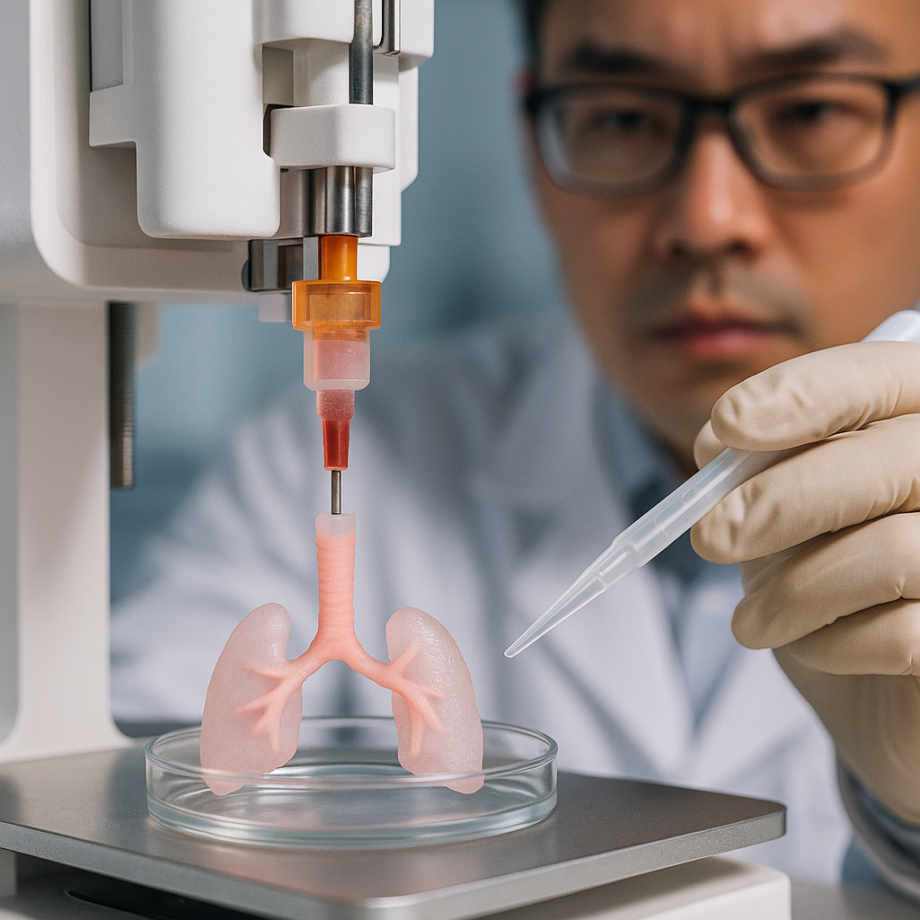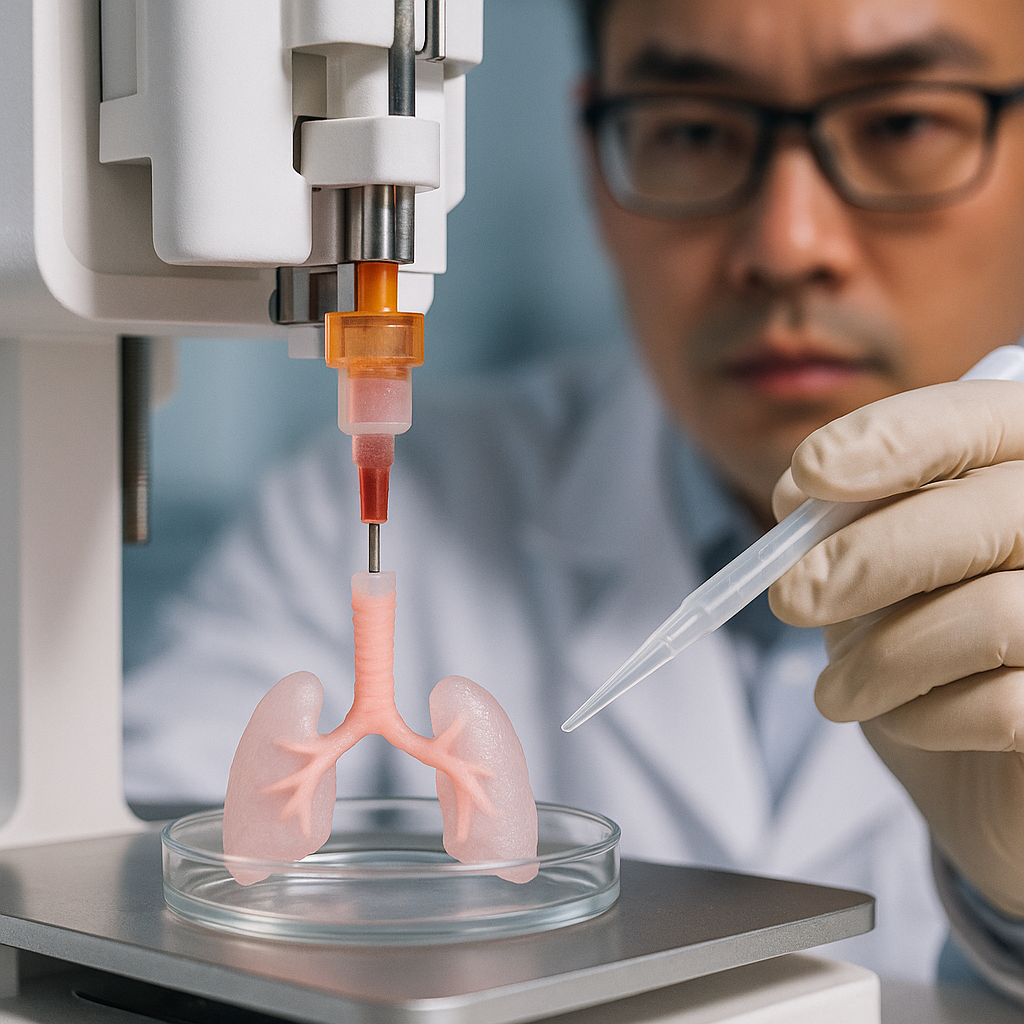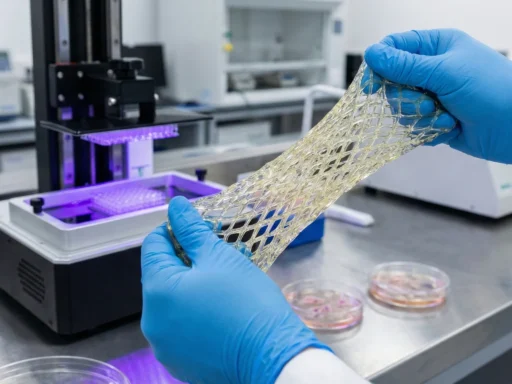Scientists at the University of Hong Kong (HKU) have achieved a breakthrough in regenerative medicine by combining lab-grown “mini-organs” with 3D printing technology to develop personalized airway tissues for patients with severe burn injuries, according to SCMP.
Professor Michael Chan Chi-wai of HKU’s Centre for Immunology and Infection shared that the team of researchers is working to embed respiratory organoids, miniature organ-like structures grown from a patient’s stem cells, into 3D printed tissue. “When people suffer from burn injuries, they may need to reconstruct their airway,” Chan told the South China Morning Post. “But without the cells, it cannot perform the functions of an airway.”
With the help of the patients cells collected through a simple oral swab, the HKU scientists aim to produce custom airway structures that replicate the complexity of natural tissue. “Our organoids are able to perform these functions, so we hope to put them in the 3D printed airway,” Chan said.
C2iTech, an HKU’s spin-off firm, has partnered with Hitachi to build a world’s first machine capable of automating organoid production. The device can process up to 128 samples at once, reducing both the labor and the risk of human error.
“Organoids can be used to see if a certain medicine is effective for you. This is what we call personalized medicine,” Chan concluded. “I expect organoids will become a necessity in the future.”
Regularly breaking new ground in the field, HKU is an established global leader in respiratory organoid research.






